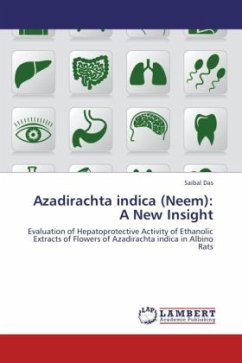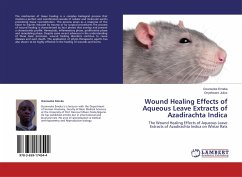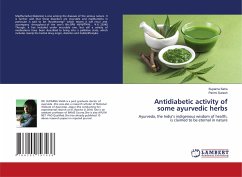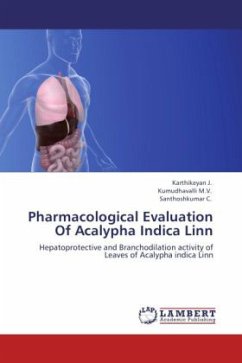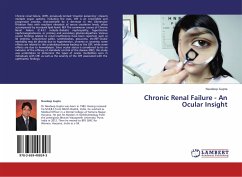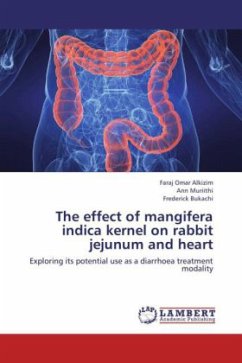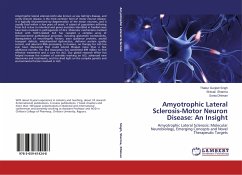Liver, the chief biochemical factory of the human body, through a vast network of biochemical reactions, controls a major portion of our body's internal environment. However, it is one of the most common sites of damage by various physical, chemical and biological agents from both within and outside the body, resulting in hepatotoxicity. The available allopathic hepatoprotective drugs are often bestowed with serious adverse effects. Azadirachta indica (Neem), a precious jewel of ethnopharmacology and aptly titled as the village dispensary of India is said to possess innumerable medicinal properties and used traditionally in various ailments from time immemorial. This particular experiment aimed at the evaluation of the hepatoprotective effects of ethanolic extracts of flowers of Azadirachta indica in comparison to the standard drug Silymarin, in carbon tetrachloride induced hepatotoxicity in albino rats. At the end of the study, we concluded that the ethanolic extracts of the flowers had a significant hepato-protective effect. The results were well comparable and even in some respect superior to the standard drug used.
Bitte wählen Sie Ihr Anliegen aus.
Rechnungen
Retourenschein anfordern
Bestellstatus
Storno

